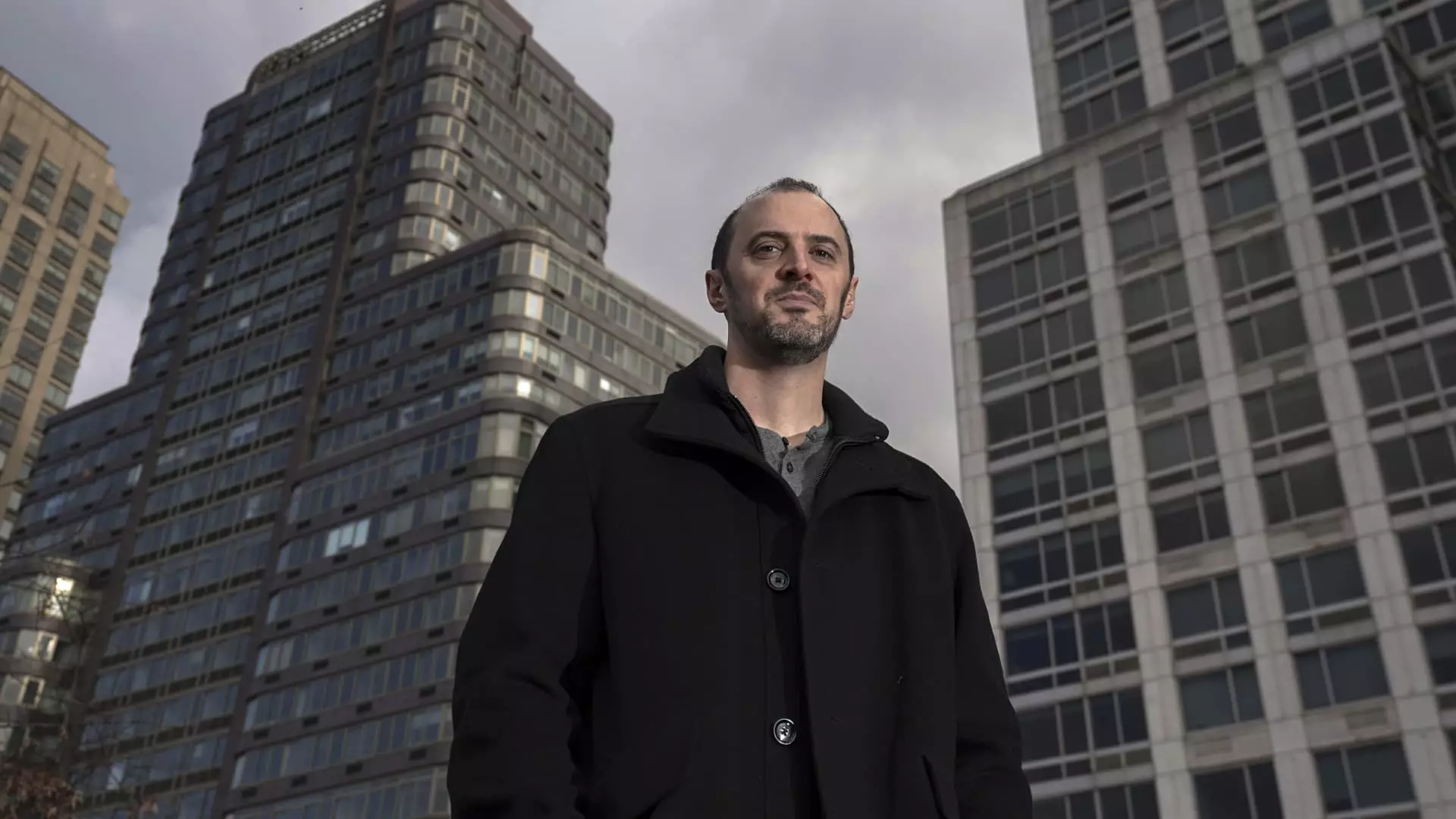In a surprising announcement, Nate Anderson, the founder of Hindenburg Research, revealed the disbandment of the controversial research and investment firm. Established in 2017, Hindenburg gained notoriety for its bold short-selling strategies and for producing high-stakes reports that targeted companies it believed were engaged in fraud or deceitful practices. This article takes a closer look at the firm’s meteoric climb, its impact on the financial landscape, and the reasons behind its closure.
Hindenburg’s influence in the investment community primarily stemmed from its investigative reports, which often exposed significant allegations against various companies. One of its most infamous targets was Nikola Corporation, whose autonomous trucking claims were strongly contested by Hindenburg in a 2020 report. The allegations not only led to the downfall of Nikola’s reputation but also resulted in substantial legal ramifications for its founder, Trevor Milton. This instance highlighted the firm’s role in holding companies accountable, though it also stirred considerable controversy regarding short-selling and market manipulation ethics.
In addition to Nikola, Hindenburg turned its critical lens toward larger entities, such as Icahn Enterprises and the Adani Group. These reports generated intense market reactions, putting sudden pressure on the stocks of these companies. The swift impact of Hindenburg’s findings underscored the power that well-researched critiques could wield in the fast-paced world of finance.
Controversies and Market Dynamics
Despite its successes, Hindenburg’s methodology raised several ethical concerns. Critics often labeled the firm as opportunistic, arguing that it profited from the misfortunes of targeted companies. The firm also faced backlash for its aggressive nature, particularly in a financial climate increasingly characterized by a growing disdain for traditional short-selling practices.
The rise of retail investors and the meme-stock phenomenon created an environment where short selling was increasingly viewed with skepticism. The 2021 events surrounding GameStop highlighted a shift in investor sentiment—where individual investors rallied against hedge funds, some may have viewed Hindenburg’s tactics as reflective of an outdated approach to investing. Amidst these upheavals, Hindenburg’s relevance began to wane.
Anderson’s announcement regarding the firm’s closure was laden with introspection. He expressed that the decision had been brewing for a while, particularly as the firm completed what he termed the last of its “pipeline of ideas.” While it is not uncommon for firms to close, the reasons behind Hindenburg’s disbandment may point to a broader questioning of the efficacy and morality of the short-selling business model itself.
The closure serves as a testament to the rapidly changing dynamics in the investment landscape, where retail investors, technological advancement, and regulatory scrutiny have emerged as formidable forces that challenge traditional investment strategies.
As Hindenburg Research closes its doors, its legacy remains a complex tapestry woven with both criticism and admiration. The firm played a pivotal role in fostering accountability in the corporate world, though not without provoking significant debate about the moral implications of short-selling. Now, as the investment community reflects on Hindenburg’s contributions, it may also herald a new era where more ethical and transparent practices take center stage. This shift may redefine how investors scrutinize companies and engage with financial markets in the future.

